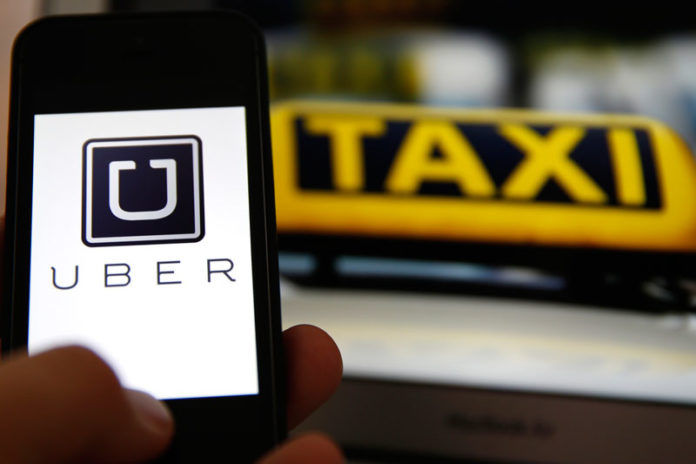In an update to a Liberty News Now article published in April on Uber’s policy concerning firearms possession by drivers and passengers, the privately owned company, with an estimated worldwide value of $50 billion, announced on June 10 that Uber’s new policy prohibits passengers and drivers from possessing firearms inside vehicles during rides.
To quote Uber’s new Firearms Prohibition Policy statement:
“We seek to ensure that everyone using the Uber digital platform – both driver-partners and riders – feels safe and comfortable using the service. During a ride arranged through the Uber platform, Uber and its affiliates therefore prohibit possessing firearms of any kind in a vehicle.
Any rider or driver found to have violated this prohibition may lose access to the Uber platform.”
This past April, an Uber driver stopped a possible mass murder when he witnessed a gunman open fire on a group of people in Chicago. The Uber driver, who was legally carrying a personal firearm at the time of the incident, fired several shots hitting the shooter stopping the potentially high casualty attack from going forward.
Uber said the company formulated the new policy to reflect the results of polls taken from among riders and drivers. However, Uber failed to describe how the poll was conducted, how the questions were phrased, how the polling sample was selected along with the poll’s margin of error and confidence level to better inform readers about the validity of poll.
A spokesperson for the company said in a statement that the ban was adopted “after assessing existing policies and carefully reviewing recent feedback from both riders and driver-partners.”
The company also announced that it was taking steps to strengthen its background checks and institute more safety measures following reports of assault, rape and kidnapping by Uber drivers.
Phillip Cardenas, the head of global safety at Uber, defended the company’s safety record but said there is always room for improvement.
“No background check can predict future behavior and no technology can yet fully prevent bad actions,” Cardenase said in a blog post. “But our responsibility is to leverage every smart tool at our disposal to set the highest standard in safety we can.”
Cardenase also said Uber was developing biometric and voice verification to enhance driver screening enhance the ways passengers may communicate with the company immediately in the event of an emergency. Uber will also improve the driver / passenger experience by working with experts on issues that include women’s safety, conflict resolution and road safety.
The company said its’ existing screening measures have resulted in tens of thousands of potential drivers around the world being denied the chance to drive for the company, Cardenase added.





























